These specialists were Zaporizhzhia psychologists Serhii Druzhynin; regional coordinator of the mental health program How are you? at the regional military administration, Iryna Kovaliova; deputy director of the Regional Clinical Institution for the Provision of Psychiatric Care ZOR, Olha Lotsman, a clinical psychologist of the Regional Clinical Institution for the Provision of Psychiatric Care ZOR.
This is already the second meeting of displaced journalists and representatives of the Zaporizhzhia press with mental health specialists. The topic of the first meeting was an introduction to the All-Ukrainian program How are you? and this time there was a training on the topic of Methods Of Psychological Self-Help And Mutual Help In Critical Situations.
Training for the journalistic community pursued two goals at once. Namely, to teach the average person to cope with states of psychological instability, such as fear, anxiety, apathy, stress, depression, and despair, and no less important is to transfer the knowledge and skills acquired during the training to society. It is the media that can convey to society that in the conditions of the war, which has been destroying our stress resistance for two years, it is necessary to take care of one’s mental health independently or with the help of family doctors and psychologists (depending on the severity of the condition and disorders).
At the training, the journalists got to know clinical psychologist Olha Lotsman, who works with military personnel after capture, anti-terrorist operation veterans, and servicemen. She also provided emergency psychological help after the shelling of our city last spring. Trained in Poland to work with post-traumatic stress disorders, participated in the international educational seminar Providing Psychological Support To Servicemen During Rehabilitation in Latvia with experienced specialists from Israel, Ukraine, and Latvia.
Olha Lotsman taught those present the basics of self-assistance in case of mental disorders. Training participants performed simple but important physical exercises together to stabilize a tense or depressed state and mastered breathing techniques. In the interactive mode, they answered simple and complex questions of an experienced psychologist and received recommendations.
Such breathing and physical relaxation helped everyone achieve a positive emotional state and feel the benefit of new knowledge. For journalists, mental health is a state in which media workers can best realize their creative abilities, work productively, and contribute to public life.
It is difficult to master all skills and rules in one meeting. Therefore, taking into account the importance and urgency of the topic of mental health, the meetings at the Center for Mental Health will continue in the future.
Call the Zaporizhzhia JSC at 096 277 5352 (Nataliya Kuzmenko and Valentyna Manzhura, the Zaporizhzhia JSC coordinators). The Center’s address is 152 Sobornyi Avenue.
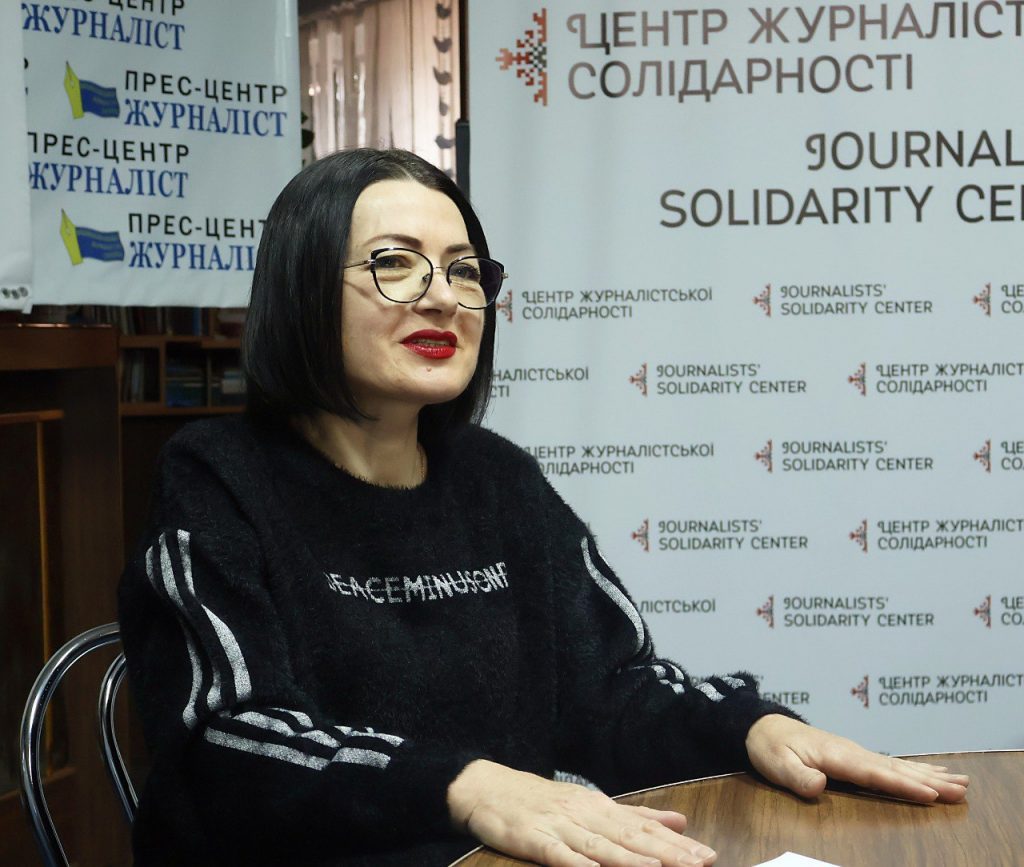
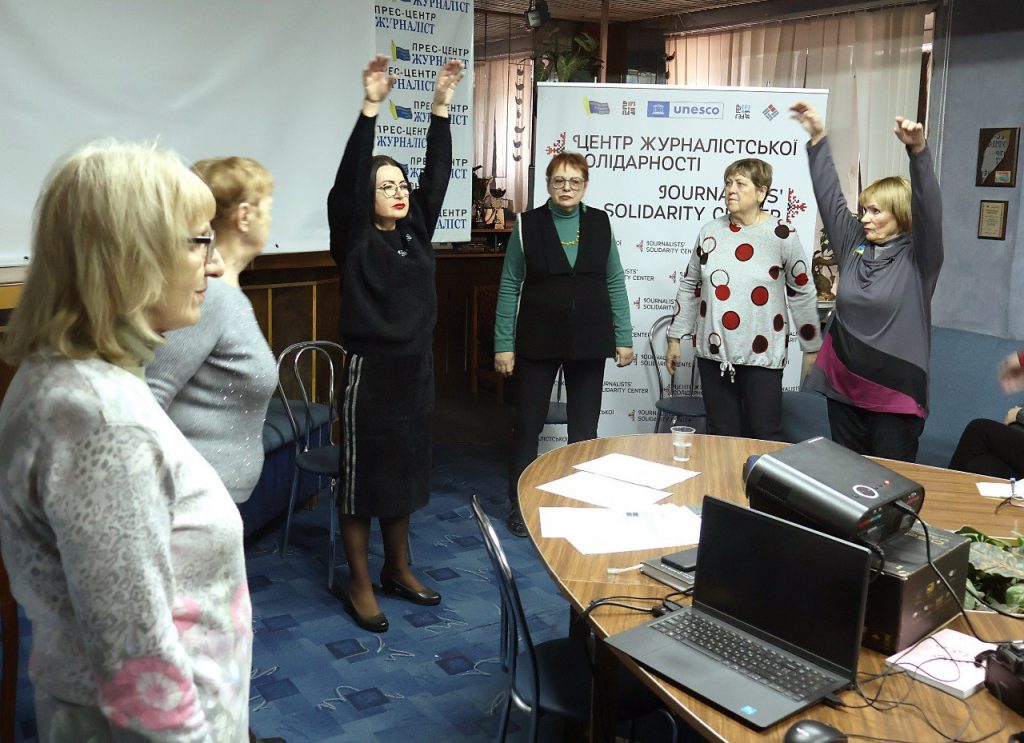
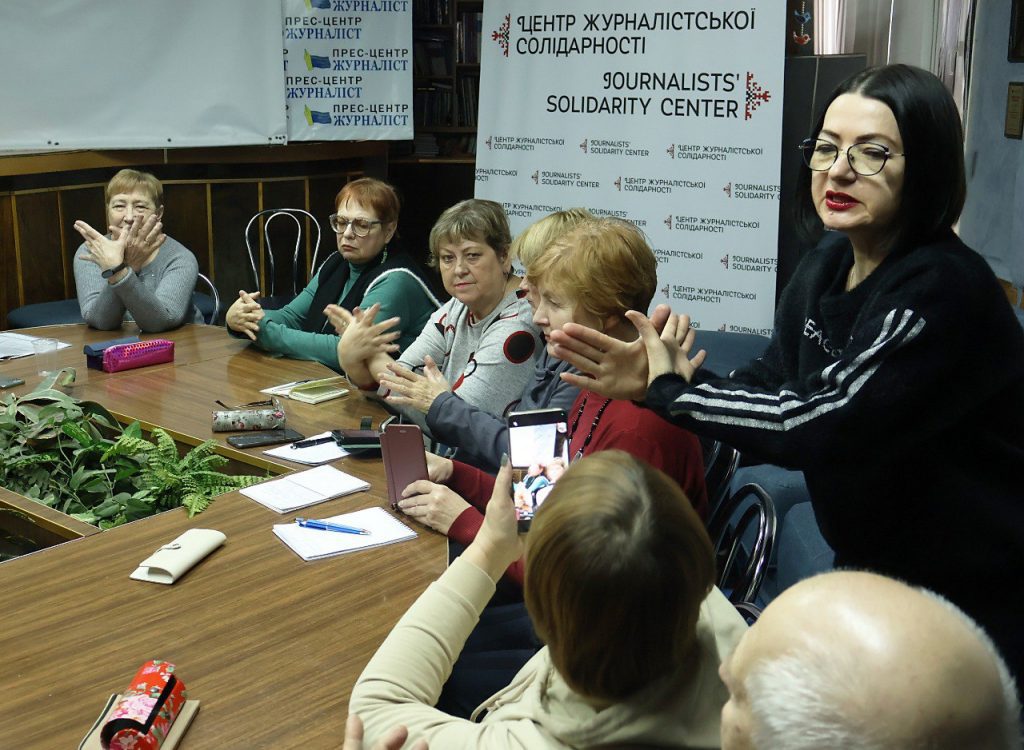
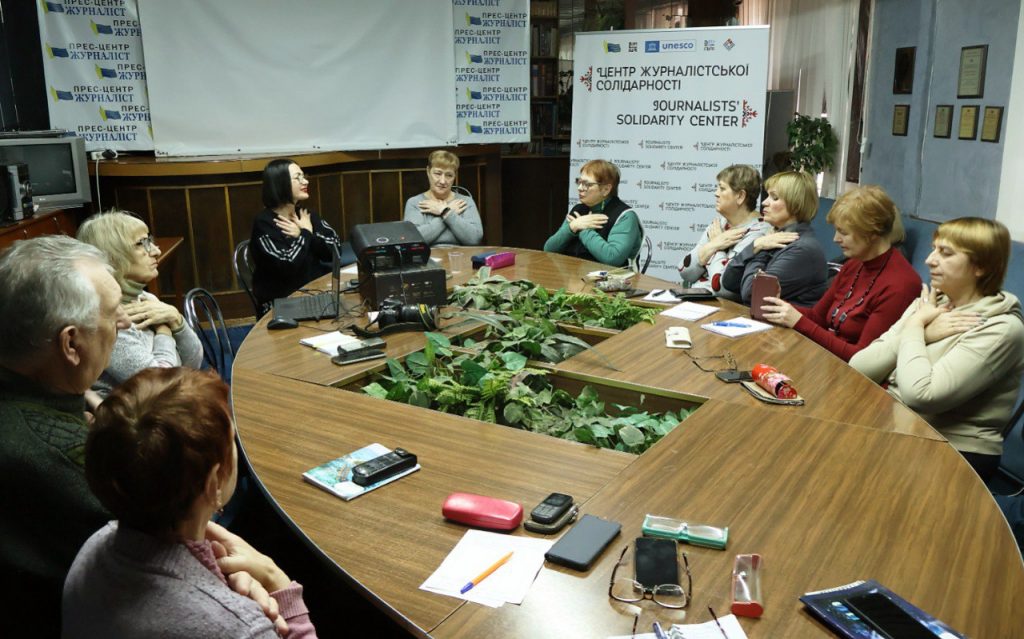
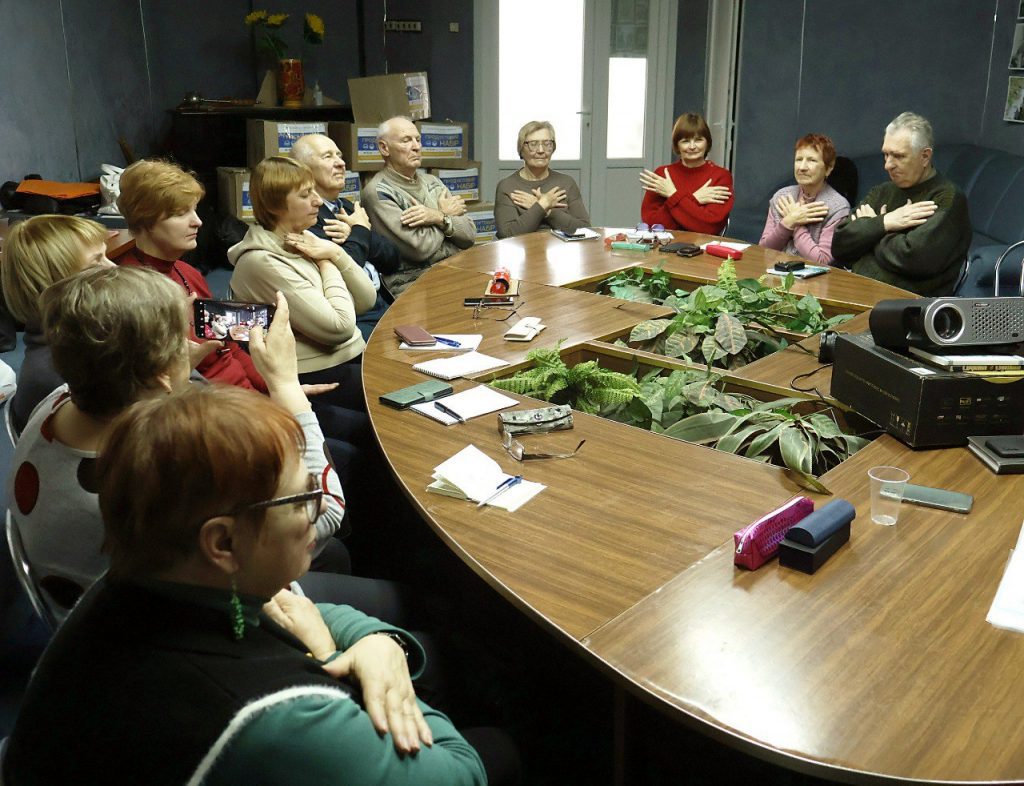
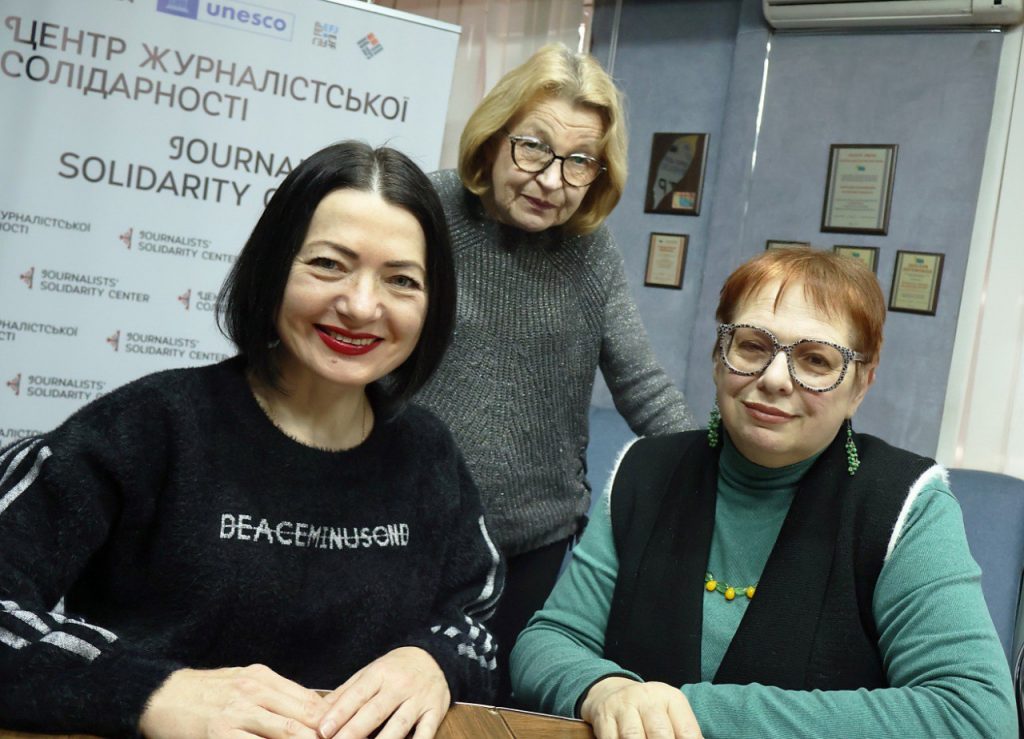
ABOUT JSC
The Journalists’ Solidarity Centers is an initiative of the NUJU implemented with the support of the International and European Federations of Journalists and UNESCO. The initiative is designated to help media representatives working in Ukraine during the war. The Centers operate in Kyiv, Lviv, Ivano-Frankivsk, Chernivtsi, Zaporizhzhia, and Dnipro and provide journalists with organizational, technical, legal, psychological, and other types of assistance.
ABOUT UNESCO
UNESCO is the United Nations Educational, Scientific, and Cultural Organization. It contributes to peace and security by promoting international cooperation in education, sciences, culture, communication, and information. UNESCO promotes knowledge sharing and the free flow of ideas to accelerate mutual understanding. It is the coordinator of the UN Action Plan on the Safety of Journalists and the Issue of Impunity, which aims to create a free and safe environment for journalists and media workers, thus strengthening peace, democracy, and sustainable development worldwide. UNESCO is working closely with its partner organizations in Ukraine to provide support to journalists on the ground.
The designations employed and the presentation of material throughout this digest do not imply the expression of any opinion whatsoever on the part of UNESCO concerning the legal status of any country, territory, city, or area or its authorities or concerning the delimitation of its frontiers or boundaries.
The authors are responsible for the choice and the presentation of the facts contained in this digest and for the opinions expressed therein, which are not necessarily those of UNESCO and do not commit to the organization.
Olena Morozova, Photo by Serhii Bizhko

 THE NATIONAL UNION OF
JOURNALISTS OF UKRAINE
THE NATIONAL UNION OF
JOURNALISTS OF UKRAINE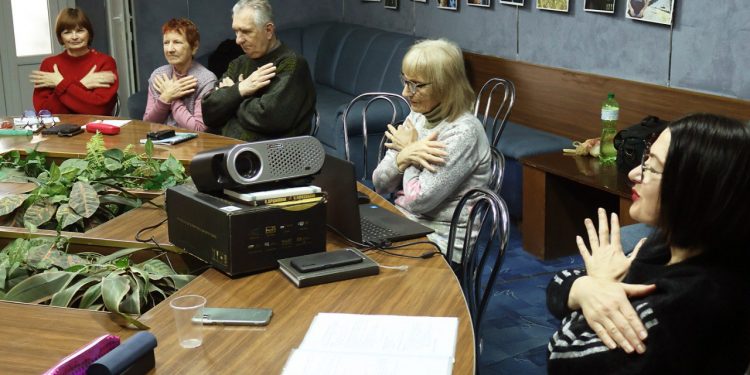
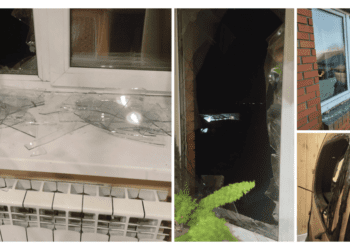
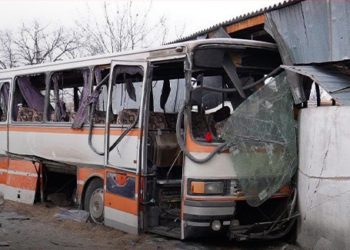
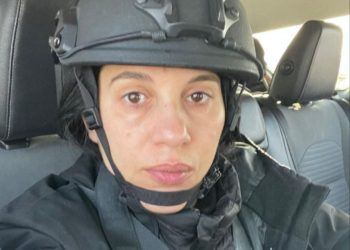













Discussion about this post